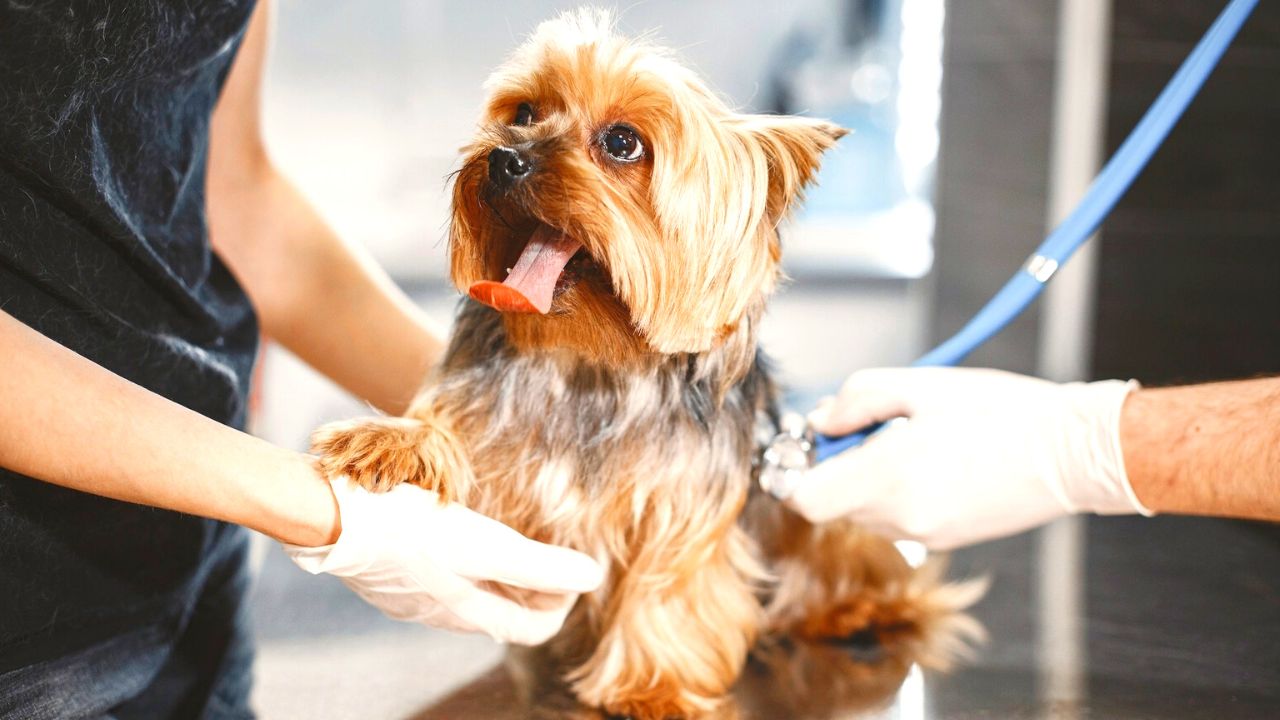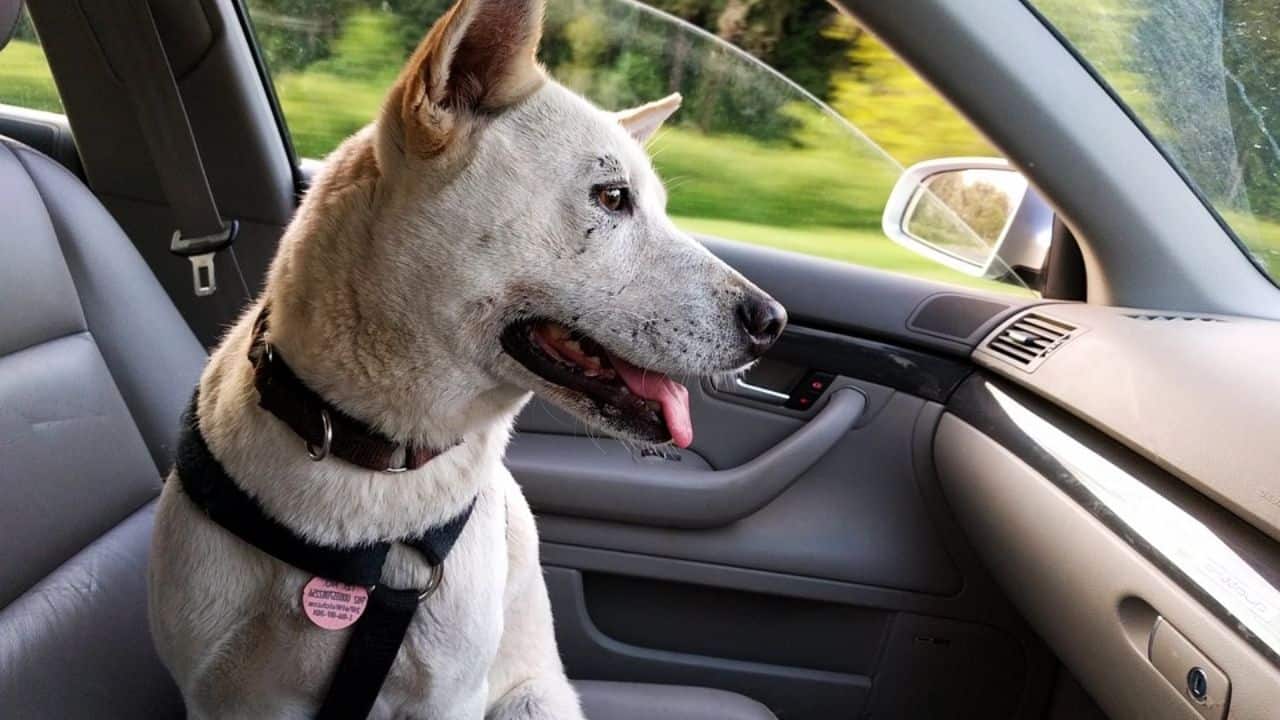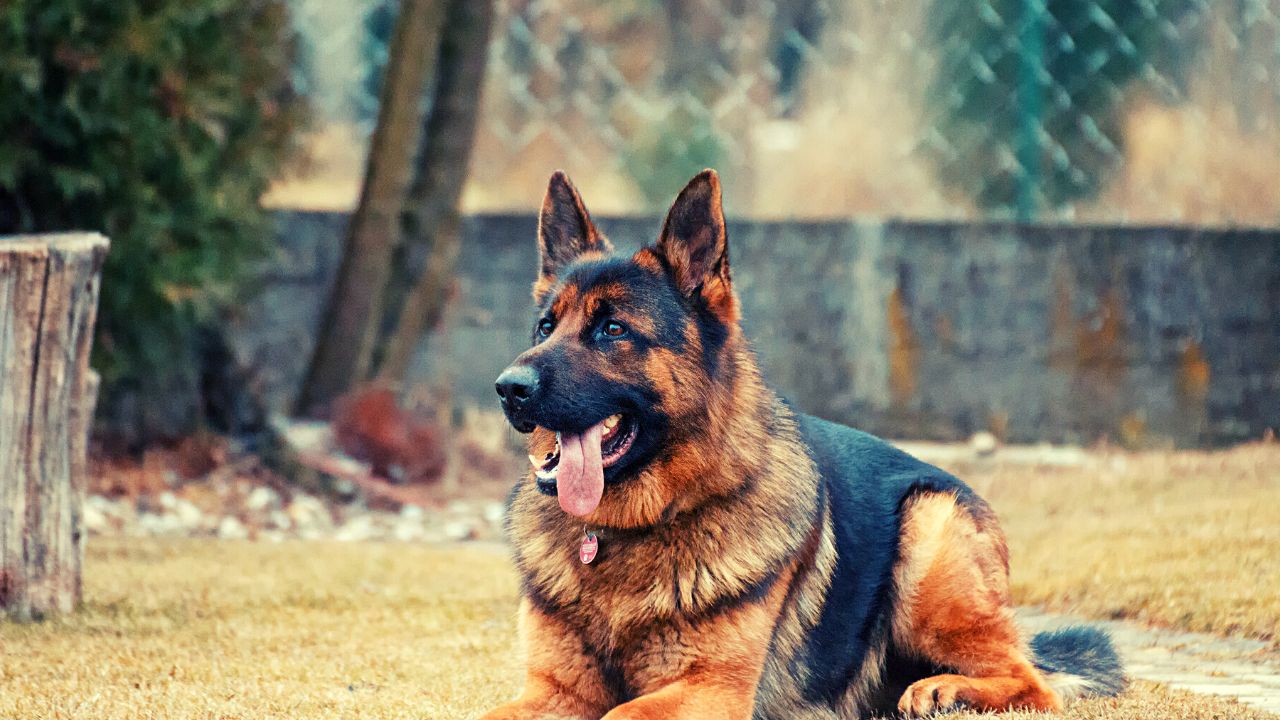
Table of Contents
As a dog owner, you must know your pet’s health issues to keep it happy and healthy. Knowledge of common health concerns and their signs and symptoms can help you take appropriate steps to prevent them or seek medical assistance.
This post will discuss the ten most prevalent health issues in dogs, their causes, preventive measures, and treatment options. It aims to provide valuable information to help you maintain your dog’s physical and mental health, regardless of whether you are a seasoned dog owner or a new one.
Obesity
Obesity is a prevalent health concern among dogs. It can cause joint pain, heart disease, and diabetes, among other health issues. Obesity is often a result of inadequate exercise and unhealthy eating habits.
To prevent obesity in dogs, feed them well-balanced and healthy food, provide plenty of exercise, and monitor their weight regularly. Your veterinarian can help you determine the appropriate amount of food and exercise based on your dog’s breed, size, and activity level.
Dental problems
Dental issues are also common in dogs, such as tartar buildup, gum disease, cavities, and dog bite sleeves. Dental problems can cause bad breath, swollen gums, and difficulty eating, leading to pain and discomfort.
To avoid dental issues, brush your dog’s teeth regularly and provide them with appropriate chews and toys. Your veterinarian can also conduct routine dental check-ups to detect and treat dental problems.
Parasites, fleas and worms
Parasites, Fleas, ticks, and worms can affect a dog’s health. Fleas can irritate the skin and cause anaemia, while ticks can spread Lyme disease. Worms can cause stomach issues and, in severe cases, even death.
To keep your dogs parasite-free, use flea and insect repellents, deworm them regularly, and keep their living space clean. Regular check-ups with a veterinarian can also help detect and treat any parasites that may be present.
Allergies
Dogs can be allergic to certain foods or substances, just like humans. Allergy symptoms include itching, redness, and skin irritation.
To prevent allergies, remove possible allergens from your dog’s environment, and consider giving them a hypoallergenic diet. Your veterinarian can also test for allergies and recommend treatment options such as medications and immunotherapy.
Arthritis
Arthritis is a common problem in older dogs, but younger dogs can also suffer. Arthritis can damage and stiffen the joints, making it difficult for the dog to move and perform daily tasks.
To help elderly dogs with arthritis, provide regular exercise and healthy food. Additionally, joint supplements or medications can be given as they age. Physical therapy, acupuncture, and pain management are also viable treatments veterinarians recommend.
Cancer
Cancer is a significant health concern for dogs of all ages and breeds, with lymphoma, mast cell tumours, and bone cancer being the most common. Symptoms include lumps, bumps, changes in behaviour, or appetite.
To prevent cancer in dogs, provide homemade foods and plenty of exercise, and take them to the vet for regular check-ups. Your veterinarian can also check for cancer and suggest surgery, chemotherapy, and radiation therapy.
Urinary tract infections
UTIs are more prevalent in female dogs but can also affect males. If left untreated, UTIs can cause painful and uncomfortable urination, leading to more severe health issues.
To prevent UTIs, encourage your dog to urinate regularly, provide plenty of fresh water, and maintain cleanliness. Additionally, regular veterinary check-ups can help detect and treat UTIs early.
Heart disease
Cardiovascular disease is a common health problem in dogs, especially older dogs, and certain dog breeds are more likely to develop heart problems. Among other things, heart disease can cause coughing, breathing problems, and fatigue.
To keep your dog safe from heart disease, give him healthy food and plenty of exercise, and regularly take him to the vet for check-ups. Your veterinarian may also perform tests like an echocardiogram and give your pet medication for heart problems.
Kidney disease
Dogs with kidney disease, among other things, may lose their sense of hunger, vomit and urinate more frequently. To prevent your dog from getting kidney disease, give him plenty of fresh water, healthy food, and regular visits to the veterinarian.
The doctor may also do blood and urine tests to detect kidney disease early and prescribe the proper treatment.
Cognitive Problems
Cognitive problems, such as canine cognitive dysfunction (CCD), are common in older dogs. Symptoms of CCD include disorientation, changes in behaviour, decreased activity, and changes in sleep patterns. CCD is often compared to Alzheimer’s disease in humans.
To prevent cognitive problems, keep your dog mentally stimulated with games and puzzles and provide him with regular exercise and socialization. Your veterinarian can also prescribe medication or recommend supplements to help manage CCD symptoms.
Conclusion
In conclusion, being aware of dogs’ most common health concerns and symptoms can help you care for your doggo better. Regular check-ups with a veterinarian, a healthy diet, regular exercise, and mental stimulation can go a long way in keeping your dog happy and healthy. Always seek veterinary care if you notice any unusual symptoms or behaviours in your dog.
What are some common signs that my dog might be sick?
Some common signs that your dog might be sick include loss of appetite, lethargy, vomiting, diarrhoea, coughing, sneezing, excessive thirst, excessive urination, and changes in behaviour.
What are some common health issues that dogs face?
Some common health issues dogs face include dental problems, ear infections, skin allergies, digestive issues, obesity, arthritis, and heartworm.
How can I prevent health issues in my dog?
You can prevent health issues in your dog by providing them with regular veterinary care, a healthy diet, plenty of exercise, and a clean and safe living environment.
What should I do if I think my dog is sick?
If you think your dog is sick, you should take them to the veterinarian for a check-up as soon as possible. Delaying medical attention can lead to the progression of the illness and potentially worsen your dog’s condition.
Can dogs get vaccinated for diseases?
Yes, dogs can get vaccinated for many diseases, such as rabies, distemper, parvo, and more. Vaccinations are an essential way to protect your dog’s health and prevent the spread of disease.
How often should I take my dog to the veterinarian for a check-up?
It would be best to take your dog to the veterinarian for a check-up at least once a year. However, if your dog is older or has a history of health issues, you may need to take them in more frequently.
What are some warning signs that my dog may have dental problems?
Some warning signs that your dog may have dental problems include bad breath, drooling, difficulty eating or chewing, bleeding gums, and loose or missing teeth.
How can I help prevent my dog from becoming overweight?
You can help prevent your dog from becoming overweight by providing a healthy diet, plenty of exercise, and limiting treats and table scraps.
What is heartworm, and how can I prevent it?
Heartworm is a parasite transmitted through mosquito bites and can be fatal to dogs. You can prevent heartworm by giving your dog monthly preventative medication and avoiding mosquito-infested areas.
How can I tell if my dog has allergies?
Some common signs that your dog may have allergies include itching, scratching, licking or chewing at their skin, and skin irritation or rash. If you suspect your dog has allergies, consult your veterinarian for proper diagnosis and treatment.








One Comment